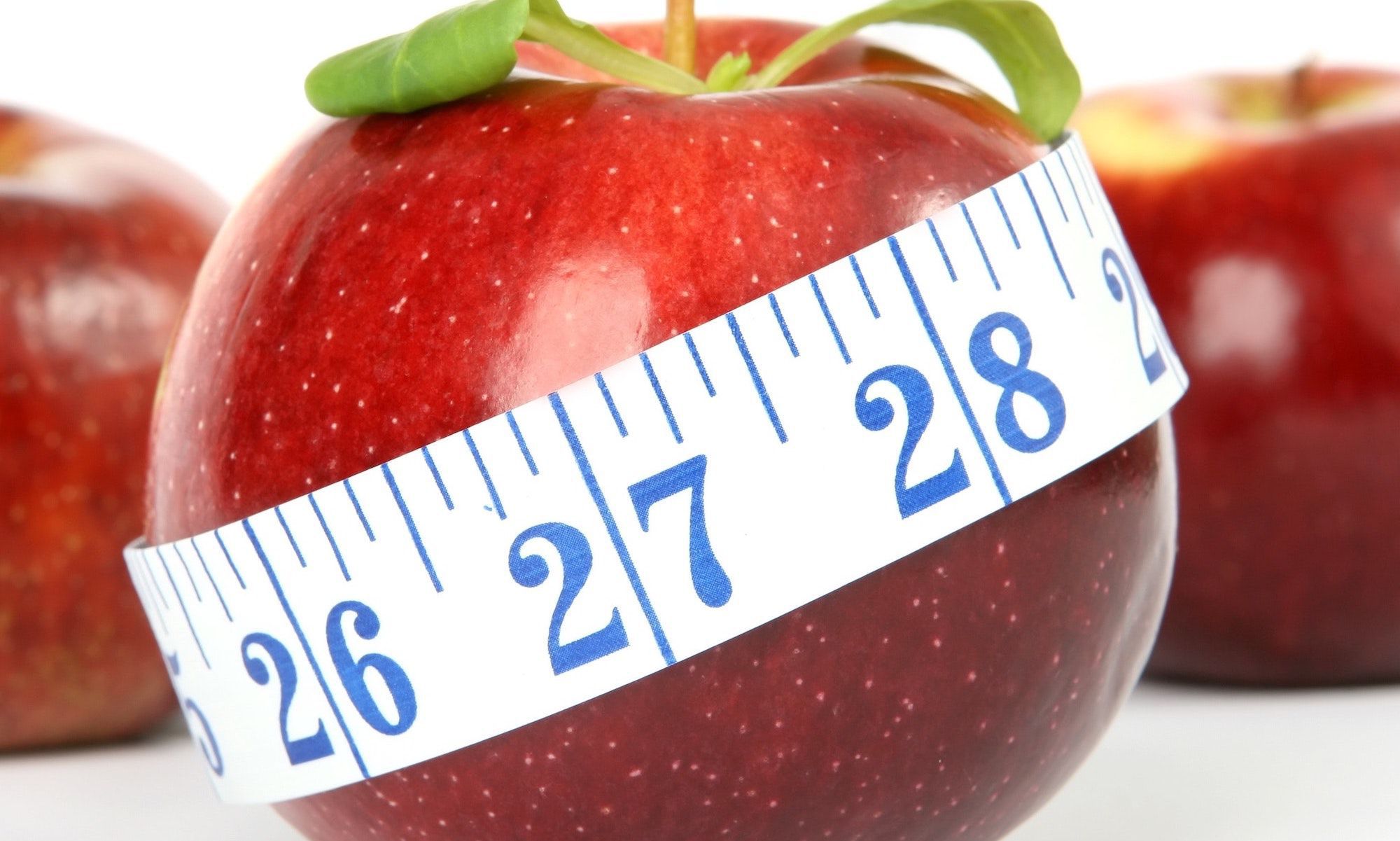Being overweight can make getting pregnant more difficult.
In a recent study, obese women who lost weight had significantly higher pregnancy rates subsequently in various treatments and spontaneously than those who did not lose weight.
Patients do not need to be thin. Losing as little as 5 percent of your body weight can help. Following a healthy diet and getting some regular exercise can be enough to help control your insulin levels and kick-start your menstrual cycle back into existence.
A common pattern for overweight women facing fertility problems is that their weight gain began in their teens, and has been an issue for 10 years or more. Most of the time, polycystic ovaries are part of the situation. The condition of PCOS can stop ovulation even in skinny women. The patients cannot burn sugar well, and therefore have weight gain in most cases, causing body stress which can lead to overwhelming the ovulatory signals from the brain to the ovary.
What the science says…
Jonathan Kort, MD and colleagues at Stanford evaluated the impact of meaningful weight loss on infertility outcomes in an overweight population. Patients who had a BMI over 25, including a number of obese patients, had at least one weight loss counseling session. They were advised to lose 10 percent of their maximum weight. If someone is 190 pounds, the goal is to lose 19 pounds, an achievable goal.
Importantly, weekly follow up was maintained. Patients were advised to decrease caloric intake and increase their exercise and those with high blood sugar levels were treated with metformin. Phentermine, an appetite suppressant, was prescribed for up to three months for some who were unable to meet their weight loss goal otherwise. Interestingly, the phentermine did not have a measurable impact.
Since the obese women who lost weight had significantly higher pregnancy rates, it is important for fertility doctors to keep trying to get the message across that their overweight patients need to make weight control a priority. Unfortunately, only about one-third of the patients who were advised to lose weight actually lost weight.
It can be heartbreaking for an overweight woman to discover all the complications that exist related to weight gain. If you do want children, but your weight is causing problems with your fertility, some action will be required.
Should I consider bariatric surgery?
No treatment can reverse the problem instantly. However, severely overweight women who have infertility may wish to consider bariatric surgery. If you have tried weight loss measures without improving and your BMI remains over 40, you are a candidate for bariatric surgery, a medical term encompassing Lap Band and similar procedures.
Bariatric surgery is a complex procedure, especially in terms of the follow-up adjustment period. Your body will undergo a lot of stress while it loses weight and will need time to adjust to the new you. Also, this procedure requires a year of avoidance of pregnancy, so it is not a good option for women in their late thirties. If you are younger, this year-long delay may be a great investment. In fact, evidence suggests that both infertility risk and adverse pregnancy outcomes become improved after surgery. Although it was once thought to be a radical move, now bariatric surgery is a reasonable tool for some young ladies to consider.
It can be a life-changing step. That said, we only recommend bariatric surgery if nothing else works!
If you don’t know your BMI, calculate yours online: it’s a weight/height ratio.
If you are overweight and would like to have a fertility assessment done, we invite you to contact us to make an appointment to speak with one of our doctors.






